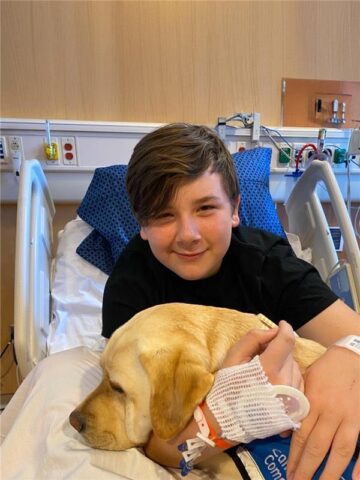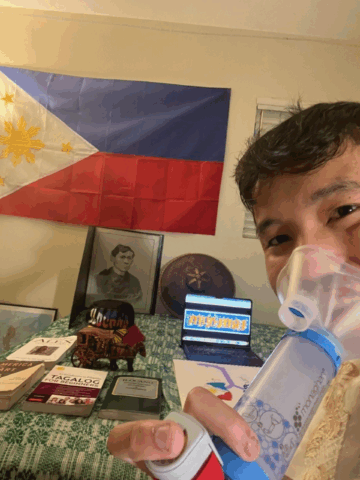When it comes to health care matters, parents of teenagers must strike a delicate balance, especially when the teen is old or mature enough to make his own decisions.
Parents can help teens learn about their illness and decide what’s best for themselves – without overpowering their children, says Dr. Leonard Sender, medical director of the Hyundai Cancer Institute at CHOC and chairman of SeventyK.org, an adolescent cancer advocacy organization.
“The parent’s role in a teen’s health care should not be to take over for the child, but to encourage the young person to take ownership of this new reality,” Dr. Sender says.
Begin with honest conversations about the teen’s plans to manage his health, he recommends.
“Let the child come up with a solution to their problem,” Dr. Sender says. “It’s about respecting the teen’s emerging autonomy. You don’t want to have a hovering parent make every decision for the child.”
When confronted by a disagreement with a teen over a health care decision, parents should be patient, Dr. Sender advises.
“You have to go back and re-educate them,” he says. “Calm down. Don’t say things you are going to regret. If they disagree, it doesn’t mean they are wrong. Explain things to them again.”
Tips for parents of teens with a serious or chronic medical condition
- Actively include the teen in meetings with doctors and health care providers managing his or her care. Make sure everyone addresses the teen directly and doesn’t treat him like a third party.
- Don’t keep secrets or hide information from your teen, and never lie about their situation.
- Help the teen act in his best interest and let him know he may fail.
- Help your teen maintain peer relationships, including through social media.
- Be prepared to have helpful discussions about sexuality if necessary.
For teens who are hospitalized, CHOC works to create a positive environment for patients and their families. These amenities include a teen room, family lounge, family consultation rooms, a meditation center and the Family Resource Center, which is stocked with educational resources including Internet access, books and pamphlets.
Learn about CHOC’s Adolescent to Adult Bridge Program (A2B)
The CHOC Adolescent to Adult Bridge Program helps guide young adults as they learn to make their own healthcare decisions and prepare to transition from pediatric to adult healthcare.





